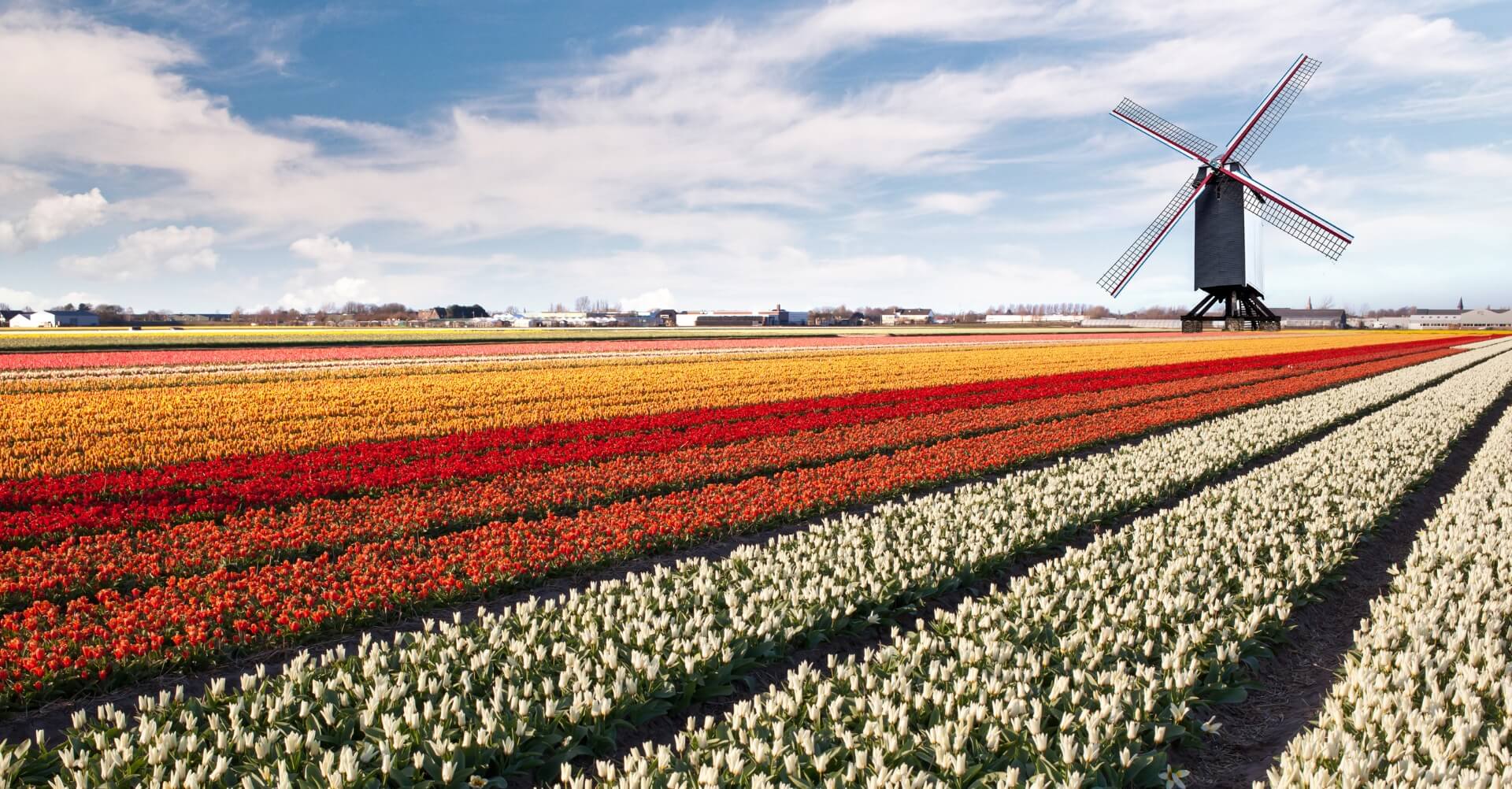The landscape of digital rights and privacy in the Netherlands is complex and multifaceted. The nation, traditionally renowned for its dedication to privacy and an open internet, has experienced considerable changes in its regulatory and policy frameworks over the past decades. This article explores the context of these shifts, utilizing the Privacy Protection Index (PPI) as a benchmark, with a focus on freedom of expression, peer-to-peer (P2P) activity, government surveillance, data retention laws, and privacy protections.
Pros:
- Strict privacy laws like GDPR-based Data Protection Act limiting government/commercial use of personal data
- Relaxed copyright policies allow non-commercial file-sharing and torrenting for personal use
- Open access to streaming services and support for net neutrality
- Light government censorship relative to some nations
Recommended alternative: Switzerland
Cons:
- Member of 9 Eyes mass surveillance alliance
- Data retained for 4-6 months
- Hate speech/anti-discrimination laws and private censorship may be overbroad
- Intelligence agency oversight lacks transparency/independence
- History shows surveillance overreach, leaks, failures, and rights violations
Freedom of Expression and Censorship
The Netherlands has a long tradition of upholding free speech rights and open access to information, as enshrined in laws like Article 7 of its Constitution which protects freedom of expression. However, the country has also enacted limited restrictions on certain controversial forms of speech, such as Holocaust denial and hate speech targeting protected groups, which are prohibited by articles 137c and d of the Dutch Penal Code. A 2016 report by the Media Authority found a total of 463 content removal requests citing hate speech in the Netherlands that year, 70% of which were granted, showing censorship remains limited relative to most European nations but is applied in select cases of extremist expression. Overall, protections for freedom of speech in the Netherlands remain strong in comparison globally according to rankings by Reporters Without Borders, earning the country a “Good” rating and placing it in the top 10% of nations for press freedoms and open internet use, despite tensions familiar to other democracies in balancing civil liberties, security interests, and protections of minority groups.
P2P and Torrenting Policies
The Netherlands is known for its strong support of open internet access and was one of the first countries to enshrine net neutrality principles into law. This approach extends to relatively relaxed policies around peer-to-peer file sharing and torrenting for non-commercial purposes. While downloading copyrighted content is technically illegal according to Dutch copyright law, the government focuses anti-piracy efforts primarily on large-scale distributors and commercial infringement. For personal use, individuals are allowed to freely share and download non-copyrighted materials, and even access some copyrighted works. The combination of high internet speeds, limited restrictions on torrenting, and a hands-off regulatory approach has made the Netherlands a popular location for P2P services and a hub for file sharing in Europe. Overall, Dutch policies aim to balance open access with protections for rights holders in a way that enables people to benefit from P2P technologies and networks for lawful and personal purposes.
Government Surveillance and Data Retention Laws
Despite its robust privacy laws, the Netherlands’ involvement in surveillance alliances like the 9 Eyes has raised concerns about privacy. The country’s participation in these alliances suggests engagement in broad data-sharing and mass surveillance activities, which threaten individual privacy.
Furthermore, historical incidents have indicated potential overreach in surveillance practices. In 2015, a “dragnet surveillance law” was enacted, requiring telecom companies to store metadata on phone and internet communications for up to two years. Although this law was eventually overturned in court, it was replaced with similarly controversial policies.
Privacy Protections
The Netherlands boasts strong privacy laws, aided by its membership in the European Union and the enforcement of the General Data Protection Regulation (GDPR) — one of the world’s most robust data protection frameworks. Yet, despite these strong protections, privacy issues persist. In the early 2000s, hackers exposed vulnerabilities in privacy protections by accessing details on thousands of individuals held in domestic intelligence agency databases.
Conclusion
In navigating its complex digital rights landscape, the Netherlands is tasked with the delicate balance between freedom of expression, privacy, and security. Despite the country’s robust privacy laws and open internet, its participation in surveillance alliances and imposition of certain speech restrictions may indicate a shift from its traditional values. In contrast, a country like Switzerland, a neighbour not in geographical terms but in the European context, provides a stronger commitment to these principles. Known for its stringent privacy laws and high-speed, low-latency internet, Switzerland can be seen as a role model in this arena. Hence, while the Netherlands offers a generally favorable environment for digital privacy, continuous vigilance and comparison with robust digital rights exemplars like Switzerland is essential to ensure that rights and freedoms are not compromised in the face of rapidly evolving technology and policy landscapes.
VPN servers in Netherlands:
References
1. Keats Citron, D. (2017, November 28). What to Do about the Emerging Threat of Censorship Creep on the Internet. Cato.org. https://www.cato.org/policy-analysis/what-do-about-emerging-threat-censorship-creep-internet
2. Dutch House of Representatives passes dragnet surveillance bill. European Digital Rights (EDRi). (2020, August 21). https://edri.org/our-work/dutch-house-of-representatives-passes-dragnet-surveillance-bill/
3. Press, T. A. (2011, September 6). Hacking in the Netherlands took aim at internet Giants (published 2011). The New York Times. https://www.nytimes.com/2011/09/06/technology/hacking-in-the-netherlands-broadens-in-scope.html







Leave a Reply